The recent coaching change in the Chinese women's basketball team has become a hot topic among fans. Zheng Wei's "unsatisfactory performance" in the Paris Olympic qualifying tournament has led to widespread doubts, and she ultimately resigned from her position. The choice of her successor has quickly become a focus of public discussion.

Should the Chinese Basketball Association continue to attract foreign coaches with high salaries or rely on domestic coaches? This has become a difficult decision for the association. At this moment, one name has repeatedly appeared at the center of the conversation - Song Xiaobo. Regarded as a legend in Chinese basketball, can she really take up the mantle as head coach? Can she be trusted to lead the women's basketball team, which is currently in a low point?
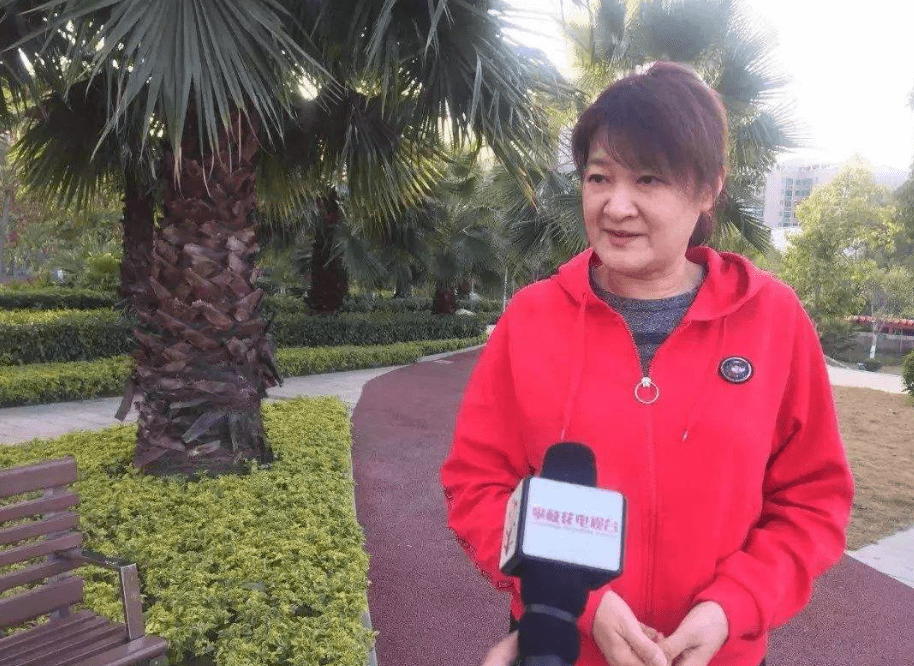
Mentioning Song Xiaobo, older fans are no strangers to her name. Many people know her because of the 1984 Los Angeles Olympics, which was one of the most glorious moments in the history of Chinese women's basketball. As the captain of the national team, she used her tenacious will and wise mind to lead the team to win the bronze medal, showing the world the strength of Chinese basketball.

This medal not only had significant meaning but also marked the "opening red" for Chinese women's basketball on the international stage. Her calm and composed command on the court, as well as her tacit interaction with the players, became highlights of the competition that year.
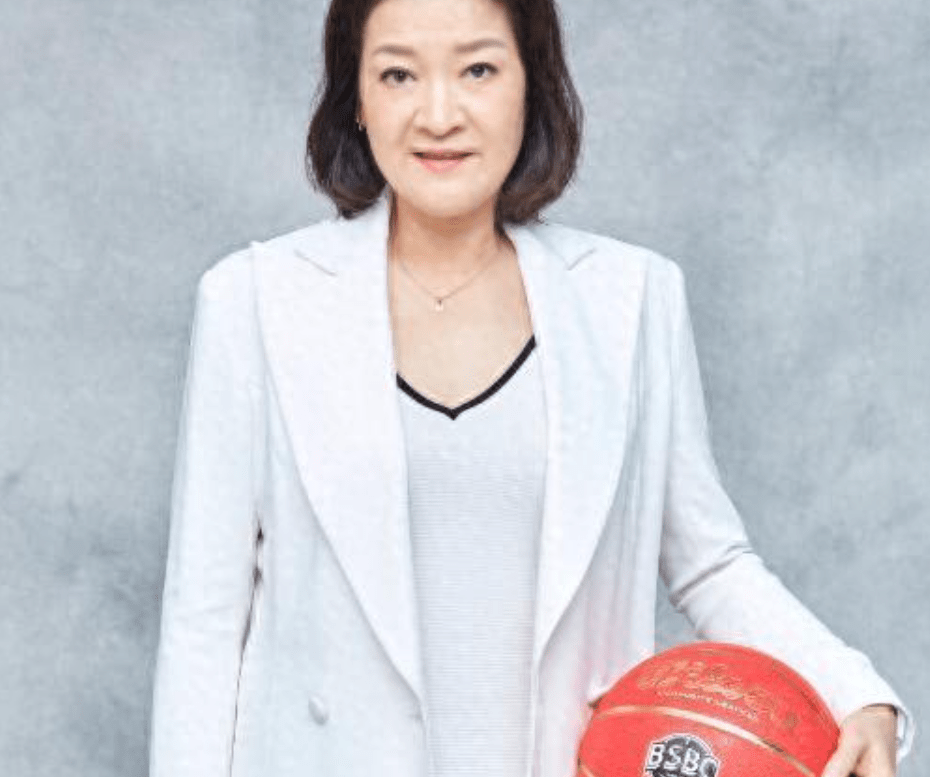
In fact, the rhythm of that competition was quite tense for the Chinese women's basketball team, facing strong opponents and tight matches. However, Song Xiaobo could not only stabilize the team's mentality but also dare to make on-site judgments at critical moments, turning crises into opportunities. Her insight into the game situation left a deep impression. From then on, Song Xiaobo was not only the "captain" of the team but also a flag of Chinese basketball. But the question is, can the glory of the past be transformed into a sharp sword for today's coaching? This is a question in everyone's mind.
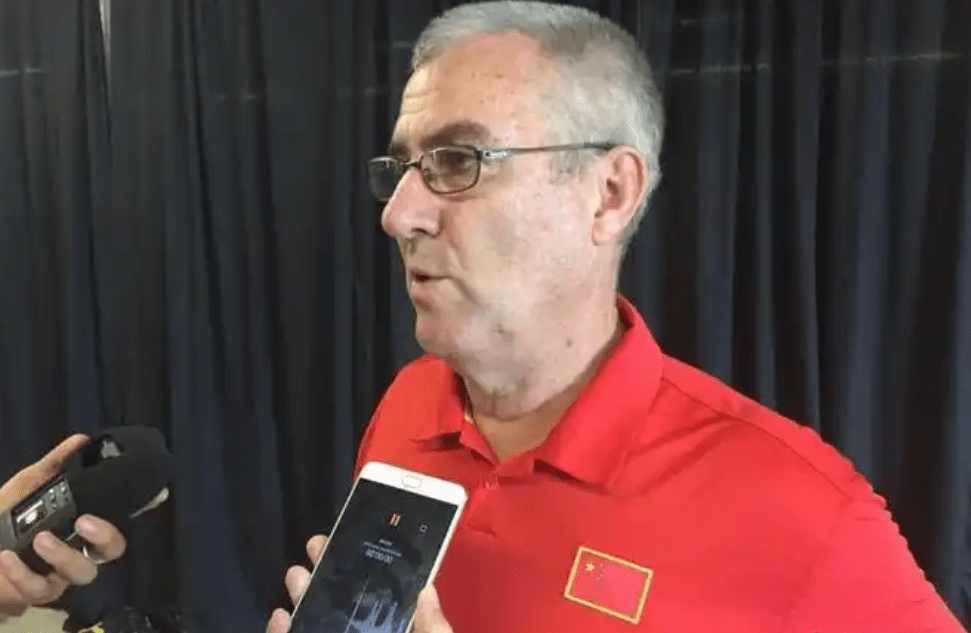
Regarding Song Xiaobo's resume, many people only remember her peak moments as a player, but they overlook her period of "hibernation" after retirement. In 1985, she surprisingly resigned from her position as an assistant coach for the Chinese women's basketball team and chose to go to Australia and New Zealand for further study and coaching. In those days, many people found it hard to understand her bold decision, considering that the status and resources of a national team assistant coach were clearly superior to going abroad to "venture." However, looking back years later, this decision fully demonstrated her foresight.
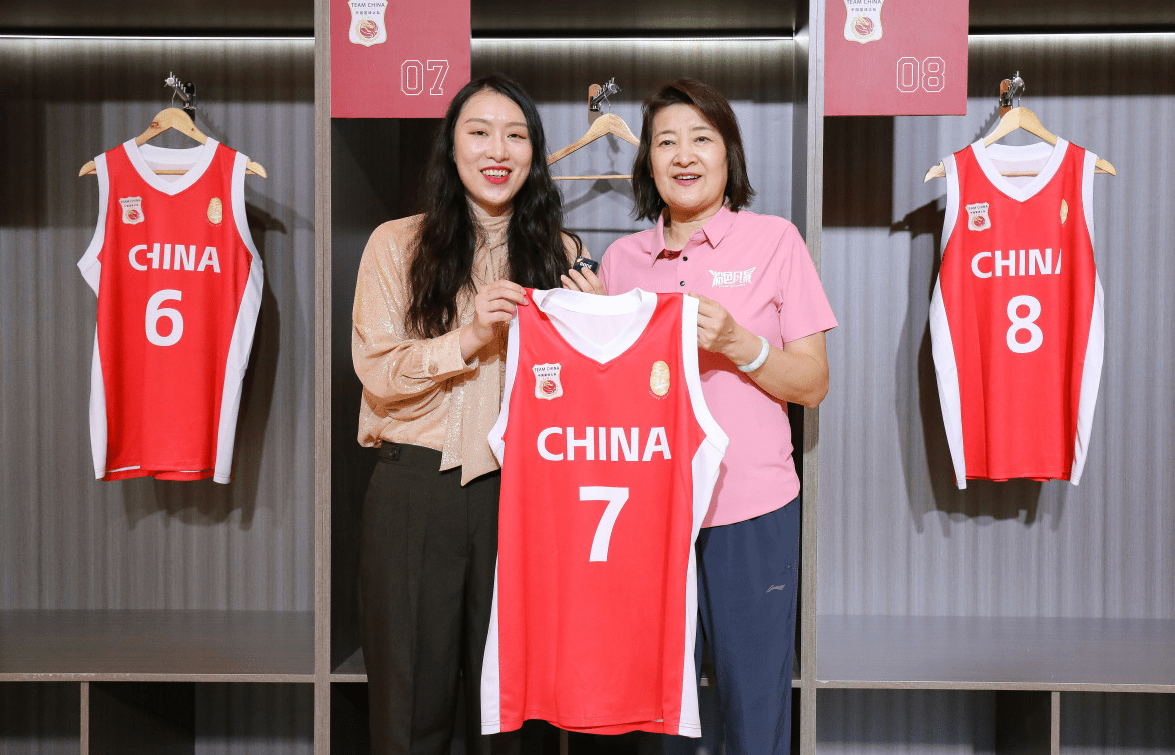
During her time coaching overseas, Song Xiaobo not only learned advanced basketball tactics and concepts but also developed her coaching style. She particularly focused on the cultivation of young players, aiming to shape their overall qualities rather than just short-term achievements. This approach contrasts sharply with many domestic traditional coaches who pay more attention to "high-flying and hard-hitting" strategies. With the changing times, basketball now emphasizes teamwork and dynamic game capabilities, and Song Xiaobo's philosophy is clearly closer to modern international trends than the past "basketball iron laws."

In recent years, there has been much controversy over the selection of coaches for the Chinese women's basketball team - whether foreign coaches are a "panacea." In fact, the Chinese women's basketball team has hired foreign coaches multiple times in the past, such as Australian head coach Ma He and the foreign advisory team during Xu Limin's era. However, it is obvious that these attempts have not completely lifted the women's basketball team out of difficulties. Often, the coaching styles of foreign coaches are incompatible with the actual situation of Chinese basketball, and the transformation of tactics is difficult.
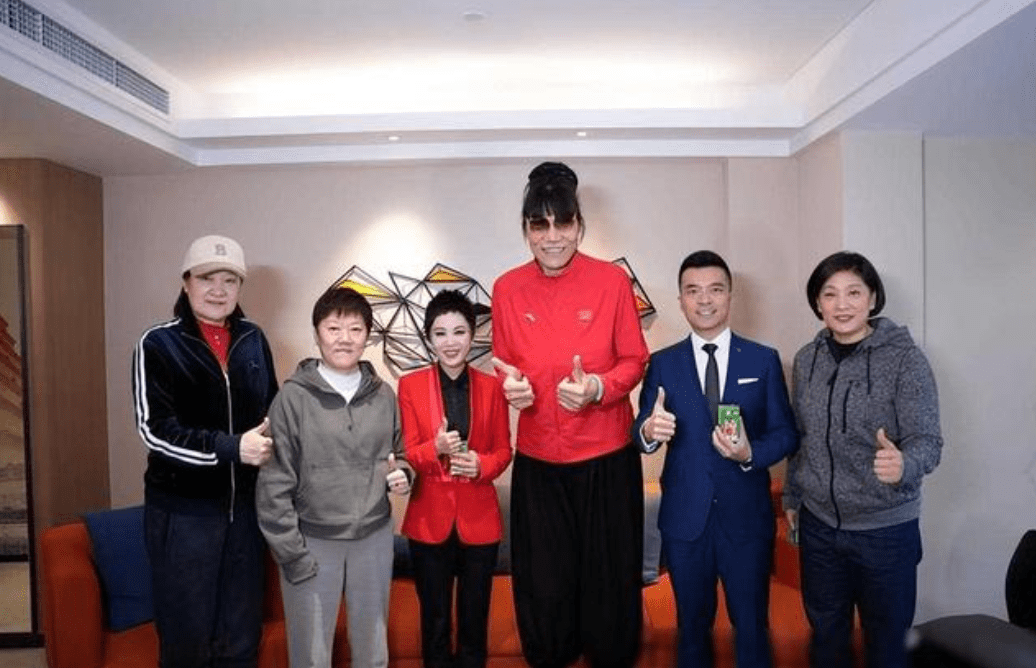
In contrast, Song Xiaobo is familiar with Chinese players and has a deeper understanding of the domestic basketball system and culture, while also possessing an international perspective through her overseas experience. This combination of traits is undoubtedly an advantage for her. However, precisely because she possesses so many strengths, can she withstand the weight of expectations? We must acknowledge that the pressure on a national-level coach is like dancing on the tip of a knife, and the issue of converting experience cannot be overlooked.
Song Xiaobo is a very ambitious yet pragmatic person. In 1996, she chose to return to China and focus on the grassroots level. She established her own basketball school and club, working diligently in youth training. She did not seek to become a "star coach" under the spotlight but genuinely cultivated many outstanding basketball talents, imparting her experience and knowledge. Song Xiaobo's investment in youth training is hard not to admire. This long-term vision for the future is often a more convincing demonstration of ability.
More importantly, her teaching is not limited to traditional routines but introduces fresh basketball concepts, allowing children to release their nature within a "big framework." She knows how to discover individuality rather than simply replicate the template of players. This aspect will be her "trump card" if she takes over the national team, as the international arena is where the strong pursue individuality and inspiration.
In 2022, Song Xiaobo was inducted into the Chinese Basketball Hall of Fame, a joyous news that made many old fans exclaim "well-deserved." However, this is not just a personal honor but also allows us to re-examine her profound influence on Chinese basketball. From being a player to a youth training mentor and now a candidate for head coach, every step she has taken is solid and substantial.
Being inducted into the Hall of Fame symbolizes a kind of heritage: Chinese basketball needs more "flagship" figures like Song Xiaobo, who have experienced peaks, to ignite the fighting spirit and belief of the national team. She herself is a hopeful example, and this spiritual influence may be more motivating than any tactical report.
However, we must also recognize that the position of the national team head coach is by no means easy. Can Song Xiaobo's experience in youth training and coaching wisdom quickly adapt to the high-intensity competitive environment of the national team? Is there room for doubt? The strong teams in the world women's basketball scene are now fierce competitors, and if the Chinese women's basketball team wants to rise again, it not only needs a good coach but also a good team. No matter how many halos she has, the challenges ahead are still daunting.
The basketball world is ever-changing; it requires not only "looking far" but also "being down-to-earth." Will Song Xiaobo be the key to solving the problem? Time will tell us the answer.